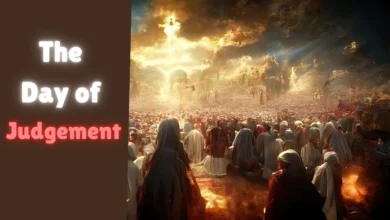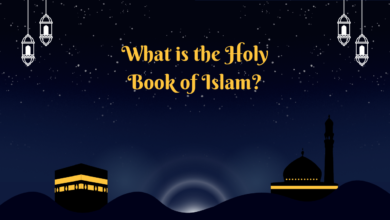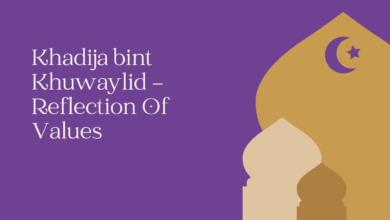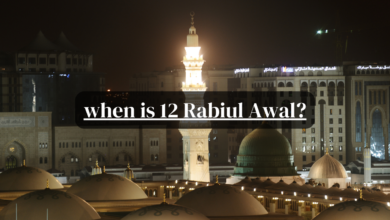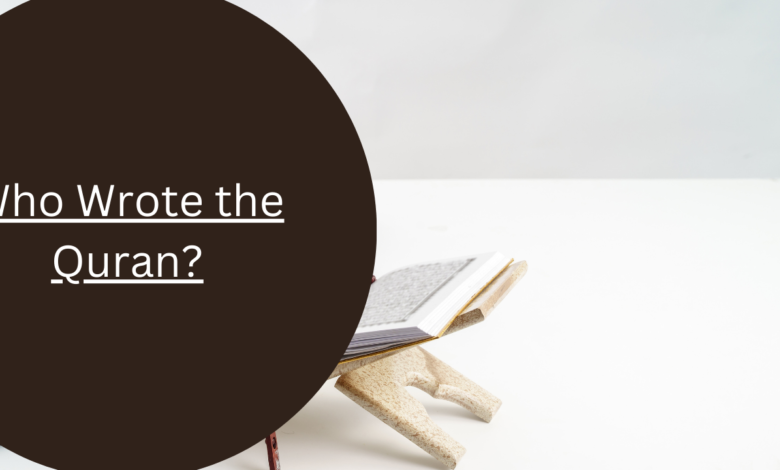
Who Wrote the Quran?
The Quran, also spelled as Qur’an or Koran, is the central religious text of Islam, believed by Muslims to be the literal word of God as revealed to the Prophet Muhammad.

Introduction
The Quran, also spelled as Qur’an or Koran, is the central religious text of Islam, serving as a guide for Muslims in matters of faith, morality, and conduct. It is a book of profound significance and is considered by Muslims to be the literal word of God, as revealed to the Prophet Muhammad over 1,400 years ago. However, the question of who wrote the Quran has been a topic of debate and intrigue for centuries. In this article, we will delve into the various perspectives on the authorship of the Quran and explore the historical context surrounding its revelation.
Islamic Belief: Divine Authorship
The overwhelming majority of Muslims firmly believe that the Quran is the word of God, revealed to the Prophet Muhammad through the Angel Gabriel over a period of approximately 23 years. According to Islamic tradition, Muhammad received these revelations in a series of encounters with the angel while he was meditating in the cave of Hira, near Mecca, in modern-day Saudi Arabia. Muslims believe that the Quran is the final and complete revelation from God, confirming and superseding earlier scriptures, such as the Torah and the Bible.
Muslims contend that the Quran’s divine authorship is beyond question, emphasizing its literary and linguistic excellence as evidence of its miraculous nature. The Quran’s unmatched eloquence and its detailed descriptions of natural phenomena and historical events are often cited as proof of its divine origin.
Also check.
- Who is the God of Islam?
- Why Taking Bribe is Haram in Islam?
- What is Sunnah in Islam?
- Why is Jerusalem Important to Islam?
- Why is Pork Haram in Islam?
Historical and Scholarly Perspectives
While the Islamic belief in the Quran’s divine authorship is well-established, scholarly discussions on the subject have been ongoing for centuries. Several theories have been proposed to explain the origins of the Quran from a non-religious perspective:
- Muhammad as the Author: Some skeptics suggest that the Prophet Muhammad himself authored the Quran. They argue that he had the literary and rhetorical skills to produce such a text and that the revelations were a means of consolidating his authority.
- Compilation of Pre-existing Material: Another theory posits that the Quran consists of pre-existing religious and literary material from various sources. Proponents of this theory argue that Muhammad may have drawn on Jewish, Christian, and Arabian oral traditions to compile the Quran.
- Multiple Authors: Some scholars argue that the Quran may have had multiple authors or contributors over time, with later editors refining and consolidating the text.
It is important to note that these alternative perspectives are largely dismissed by Islamic scholars, who view them as attempts to undermine the Quran’s divine status. Muslim scholars maintain that the Quran’s unique linguistic features, its consistency, and its inimitability provide strong evidence of its divine origin.
Historical Context of Revelation
To better understand the origins of the Quran, it is essential to consider the historical context in which it was revealed. The Arabian Peninsula in the 7th century was a region marked by tribal rivalries, idol worship, and socio-economic disparities. Muhammad’s role as a religious reformer and his teachings against the prevailing practices and customs of the time played a crucial role in the Quran’s revelation.
The Quran addresses various issues faced by the early Muslim community, providing guidance on matters of faith, ethics, and governance. It also addresses the unique challenges faced by the community in the context of 7th-century Arabia.
Conclusion
The question of who wrote the Quran remains a matter of faith and perspective. For Muslims, there is no doubt that the Quran is the literal word of God, while some non-believers and scholars continue to explore alternative theories. The Quran’s historical context, linguistic excellence, and its role in shaping the course of history are all aspects that contribute to the ongoing fascination with its origins. Regardless of one’s beliefs, the Quran’s influence on Islamic civilization and its enduring impact on the world cannot be denied, making it a subject of enduring importance and debate.
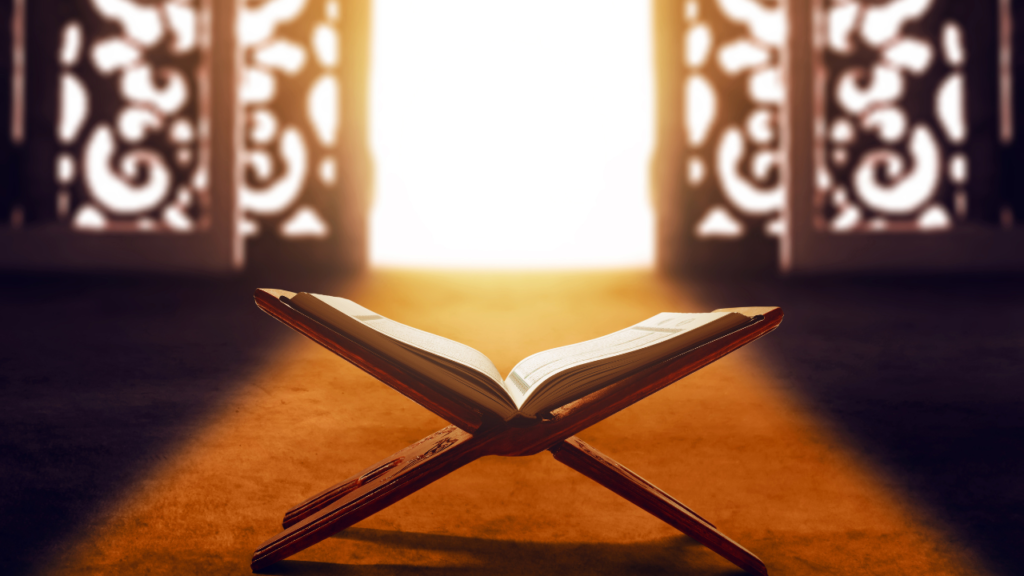
FAQs
What is the Quran?
The Quran, also spelled as Qur’an or Koran, is the central religious text of Islam, believed by Muslims to be the literal word of God as revealed to the Prophet Muhammad.
Who wrote the Quran according to Islamic belief?
According to Islamic belief, the Quran was not written by any human author but was revealed by God to the Prophet Muhammad through the Angel Gabriel.
What are the main theories regarding the authorship of the Quran?
Some alternative theories suggest that Muhammad himself authored the Quran, that it contains pre-existing material from various sources, or that it had multiple authors over time.
How does the Quran’s historical context influence its interpretation?
The historical context of 7th-century Arabia, including tribal rivalries and religious practices, played a significant role in the Quran’s revelations and teachings.
Why is the Quran considered a literary and linguistic miracle?
Muslims believe that the Quran’s unique eloquence and linguistic features, along with its inimitability, serve as evidence of its divine origin.
What is the Quran’s enduring impact on Islamic civilization?
The Quran has had a profound influence on Islamic culture, law, governance, and ethics, shaping the course of history in the Muslim world and beyond.
Are there ongoing debates about the authorship of the Quran?
While Islamic scholars firmly uphold the Quran’s divine origin, non-believers and some scholars continue to explore alternative theories, making it a subject of ongoing debate and fascination.
